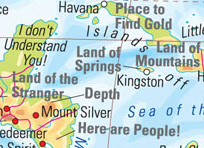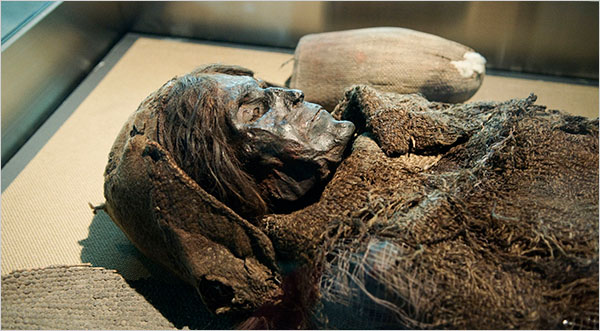The linguistic history of horses, gods, and wheeled vehicles
This started with Don Ringe's guest post "The Linguistic Diversity of Aboriginal Europe". He followed up with a more detailed account of "Horse and wheel in the early history of Indo-European", and an answer to some questions under the title "More on IE wheels and horses", and then this morning's post "Inheritance versus lexical borrowing: a case with decisive sound-change evidence".
Readers have added a large number of interesting and provocative comments and questions (110 on the original post alone). As usual, responses are often too long to fit comfortably in the comment format, and our traditional practice has been to respond in follow-up posts where interest and time permit.
Continuing that tradition, I've posted below Don's response to a comment by Etienne on Don's follow-up post on the history of the word for horse. Though the background is complex, this fragment of the conversation is quite coherent on its own.
Read the rest of this entry »

